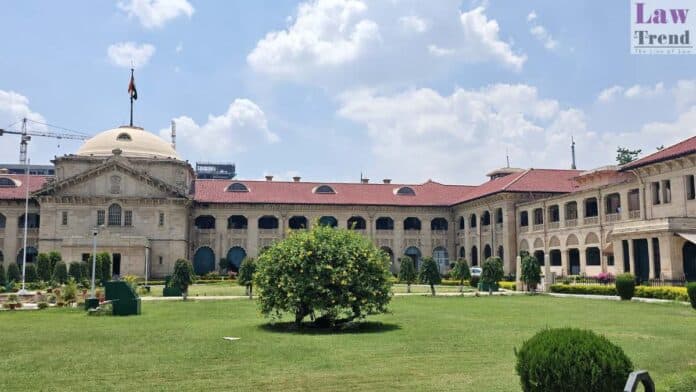In a significant ruling, the Allahabad High Court dismissed a series of appeals filed by Bharat Sanchar Nigam Limited (BSNL), challenging the arbitral awards in favour of Chaurasiya Enterprises. The appeals were filed under Section 37 of the Arbitration and Conciliation Act, 1996, against orders passed by the Commercial Court in Varanasi, which had upheld
To Read More Please Subscribe to VIP Membership for Unlimited Access to All the Articles, Download Available Copies of Judgments/Order, Acess to Central/State Bare Acts, Advertisement Free Content, Access to More than 4000 Legal Drafts( Readymade Editable Formats of Suits, Petitions, Writs, Legal Notices, Divorce Petitions, 138 Notices, Bail Applications etc.) in Hindi and English.




